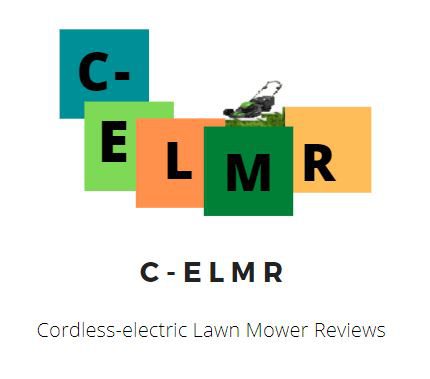Frequently Asked Questions about Cordless Electric Mowers
What is a brushless motor?
How does a brushless motor compare to a traditional motor with brushes?
Simply put, brushless motors are smarter, more powerful and more efficient than their old school brushed relatives. So when comparing cordless devices, you can’t just compare voltage. A lower voltage brushless motor is way better than a higher voltage, old school brushed motor. So a new cordless unit with a brushless motor will mean that it can perform better and last longer on a charge than a comparable unit with a traditional brushed motor.
What is a li-ion battery?
What is the best measurement of a lithium-ion battery pack’s performance?
The best measure of a lithium-ion battery pack’s performance is its energy capacity, which is measured in watt-hours. To find the watt-hours of a battery pack, multiple the voltage by the amp-hours.
For example, A mower runs on a lithium-ion battery that delivers a 160 watt-hour energy capacity (40 V x 4.0 Ah).
Comparing a 40 V 4.0 Ah lithium-ion battery pack to the 40 V 2.6 Ah competitor lithium-ion battery pack, the 4Ah battery provides about a 1.6 fold increase in energy capacity (160 watt-hours versus 104 watt-hours).
In comparison, competitor models of cordless tools that also employ a 40 V , 2.6 Ah lithium-ion battery may only be telling you half the story. They cleverly disguise a seemingly “more powerful” battery pack by tacking on a large voltage rating without disclosing the amp-hour rating information, which has been found in some cases to be, at best, only 2.6 amp-hours. A battery with the same voltage rating, but a lower amp-hour rating will have a lower energy capacity, which will significantly impact your cordless tool’s performance.
So, when comparing battery packs, it’s not only voltage that matters in terms of cordless tool performance. Know your battery’s amp-hour and watt-hour rating to get a true assessment of what your battery can really do.
